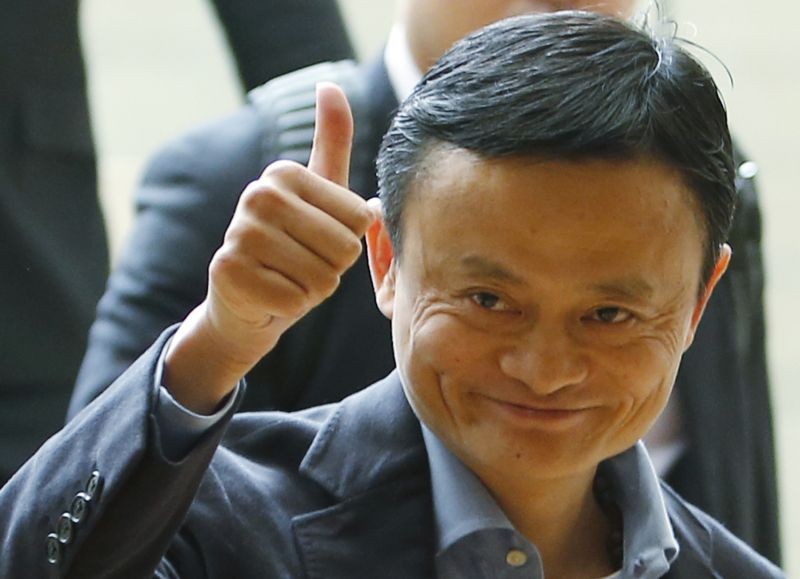Alibaba IPO propels China Web market across the globe
Post on: 16 Март, 2015 No Comment

In Alibaba’s exhaustive IPO prospectus (319 pages plus the index), only two competitors are mentioned by name: Tencent and Baidu. Both are Chinese.
Peter Parks | AFP | Getty Images
Tencent Holdings Ltd. WeChat has taken China by storm in just three years, allowing its more than 300 million users to send text, photos, videos and voice messages over smartphones, find each other by shaking their devices.
If it wasn’t clear before, it is now. The future of the Internet is in the U.S. and China. the world’s two largest economies. They’re separated by the Pacific Ocean and a cultural gap that’s even deeper.
Until recently, there’s been very little overlap. U.S. Internet companies have had so much trouble cracking the Chinese market that they’ve largely stopped trying. Google famously pulled its search engine out of China in 2010 after refusing to censor queries as required by the Chinese government. Baidu remains the country’s default search provider. Amazon’s logistical requirements and Alibaba’s controlling market share make China almost untouchable for the U.S. e-commerce leader.
At this time, foreign e-commerce companies have a limited presence in China, according to Alibaba’s IPO prospectus
Across the pond, Chinese companies have faced a different conundrum. They haven’t been shut out of the U.S.. but their dominance at home has made Western expansion less critical. The three Chinese companies are each expanding at a quicker rate (at least 41 percent in 2013) than Google or Amazon. Facebook’s revenue jumped 55 percent last year.
Alibaba, Tencent and Baidu are each competing for dominance within the Chinese Internet sector, diversifying beyond their core markets of e-commerce, gaming/messaging and search, respectively, James Cordwell. an analyst at London-based Atlantic Equities, wrote in a Sept. 8 report.
Alibaba on the road. show
They’re just starting to tap the U.S. in a meaningful way. China commerce accounted for 85 percent of Alibaba’s revenue in 2014, but the company has invested in six U.S. start-ups in the past year, as it seeks strategic ways to grow globally. Tencent, maker of the most popular Chinese messaging app and numerous gaming and other Web services, has been active for longer, investing in at least 14 U.S. start-ups in the past three years, according to research firm CB Insights.

When Alibaba debuts on the New York Stock Exchange in the coming weeks under ticker symbol BABA, it could be the largest IPO ever, anywhere. The Hangzhou-based company announced plans last week to raise up to $21 billion, topping Facebook’s $16 billion IPO in 2012.
China’s Internet surge dates back about 15 years, when the current behemoths were getting off the ground. Alibaba was founded by Jack Ma in 1999, the year after Tencent’s creation and the year before Baidu’s. All three have taken advantage of explosive economic expansion in China, where the number of Internet users now tops 632 million. according to the China Internet Network Information Center. That’s about twice the total U.S. population.
As Web usage shifts to mobile, and Android and Apple iOS devices battle for global market share, the leading Chinese companies need those operating systems for distribution. Mobile accounted for one-third of Alibaba’s merchandise volume in the latest quarter. The company referenced its challenge in one critical line in the prospectus, saying that winning in mobile is dependent upon our ability to successfully deploy apps on popular mobile operating systems that we do not control, such as iOS and Android.
The global Internet market is massive, with more than 2.8 billion users, and the potential in mobile is even bigger. EMarketer expects 4.6 billion people worldwide to use a smartphone this year, a number that will increase to 5.1 billion by 2017, almost 70 percent of the global population.
The fight to get in front of those consumers will be fierce, but only two countries are vying for center stage.
— By CNBC’s Ari Levy














